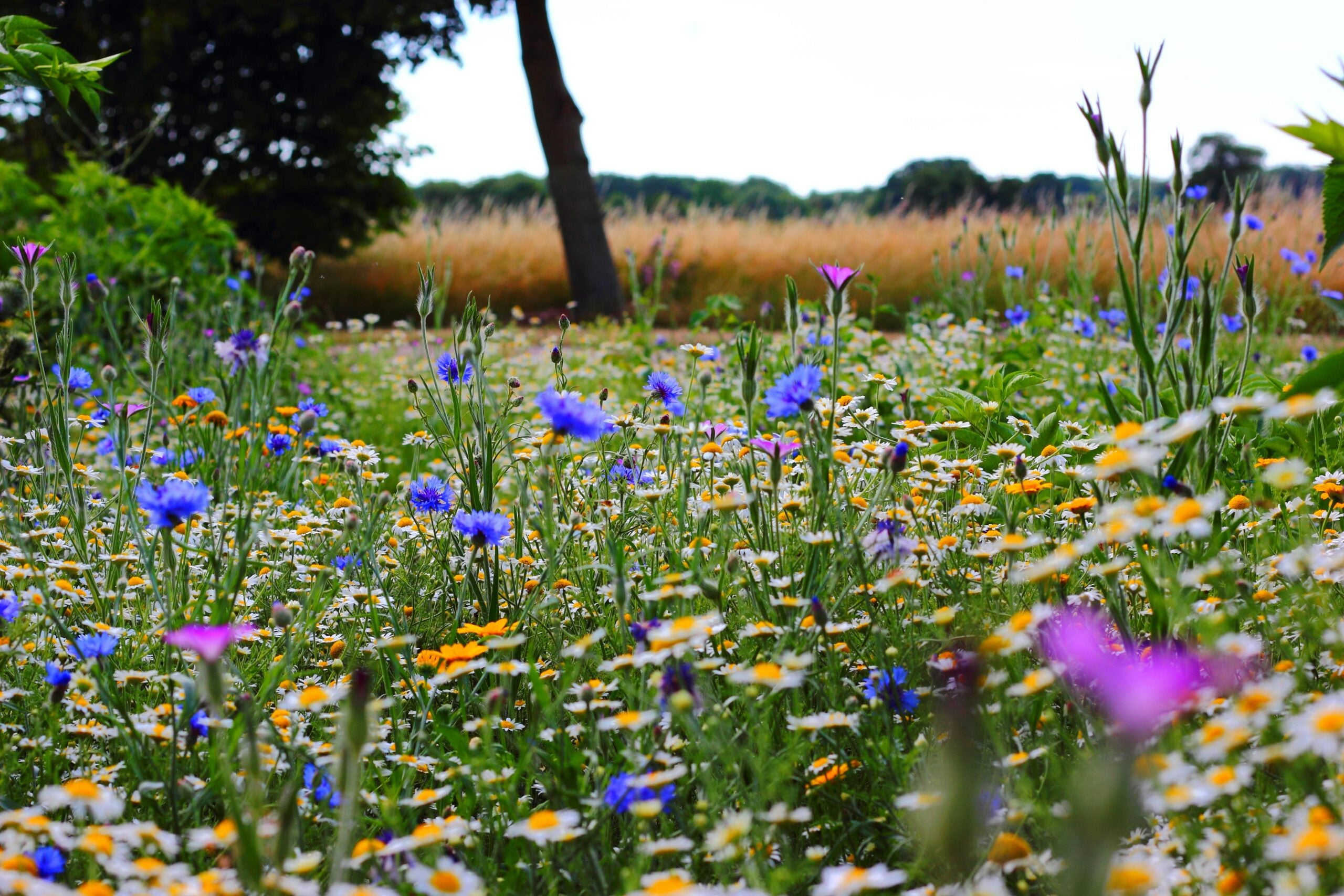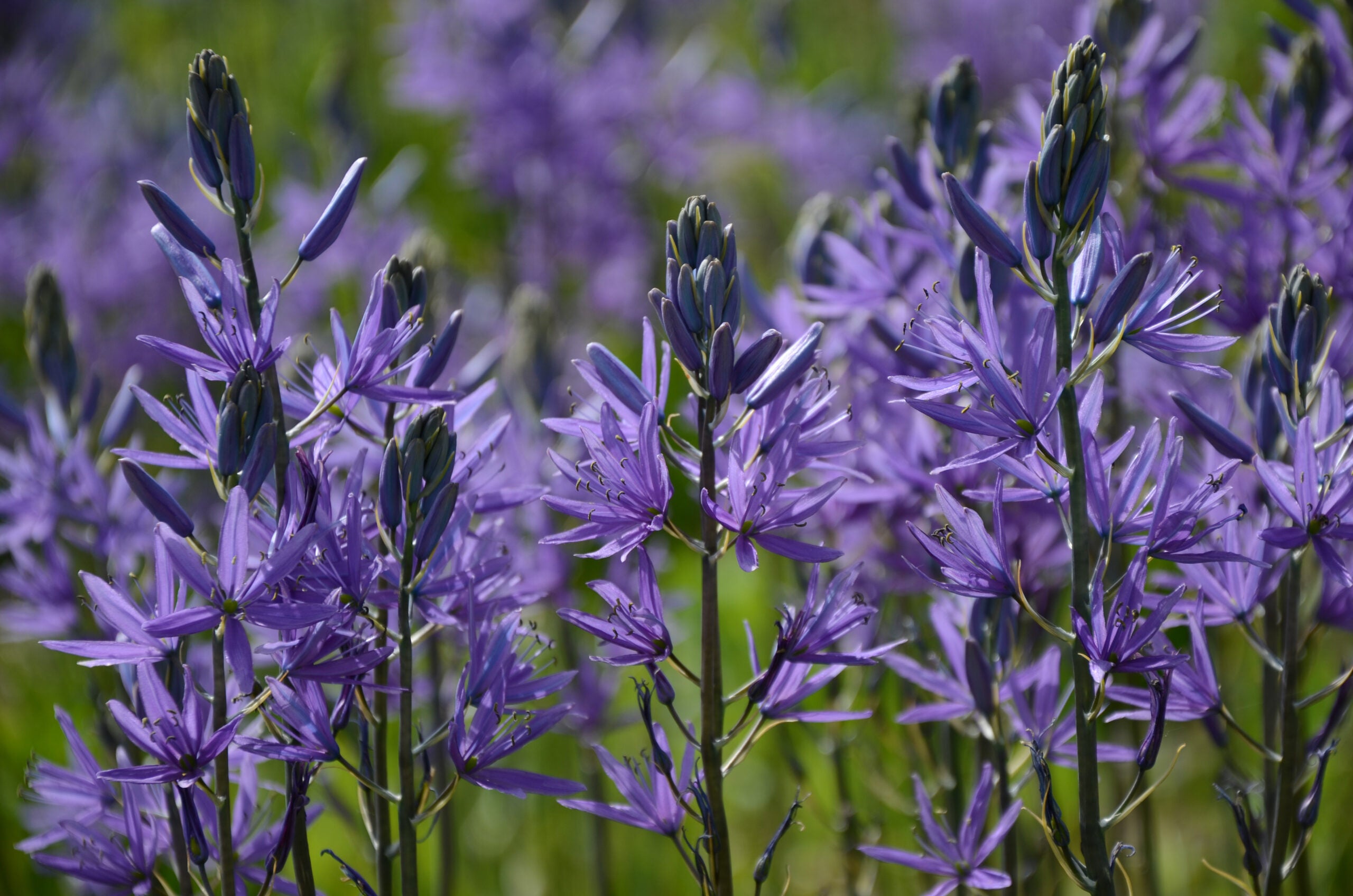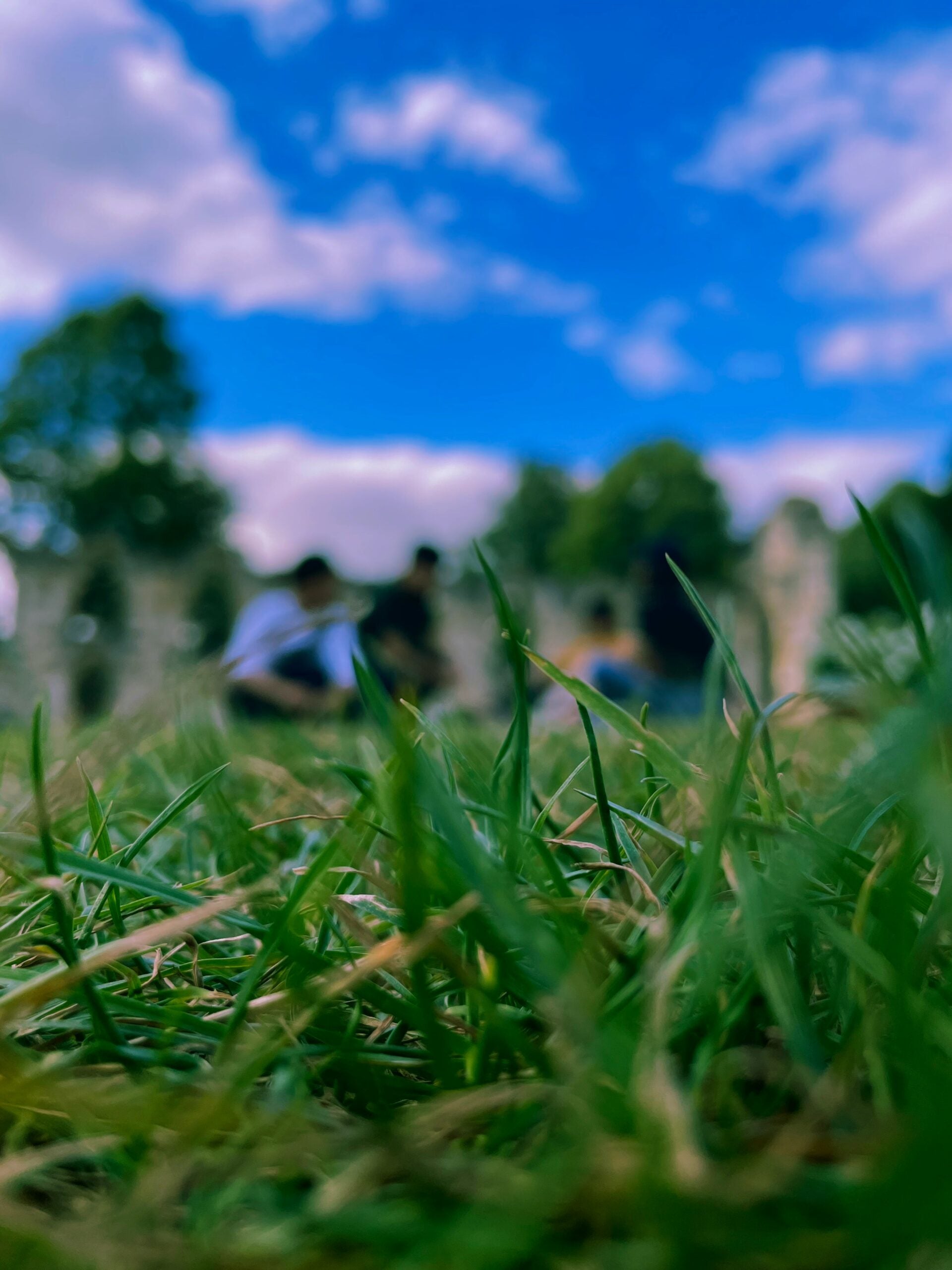Stay in touch.
Get exclusive stories, behind-the-scenes updates, and ways to help—delivered to your inbox.
By clicking Sign Up you're confirming that you agree with our Terms and Conditions.Privacy Policy.
Donate for the wild.
Support real conservation impact—saving species, restoring ecosystems, and rewilding our world.
Donateopens in new tab


